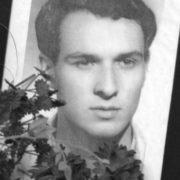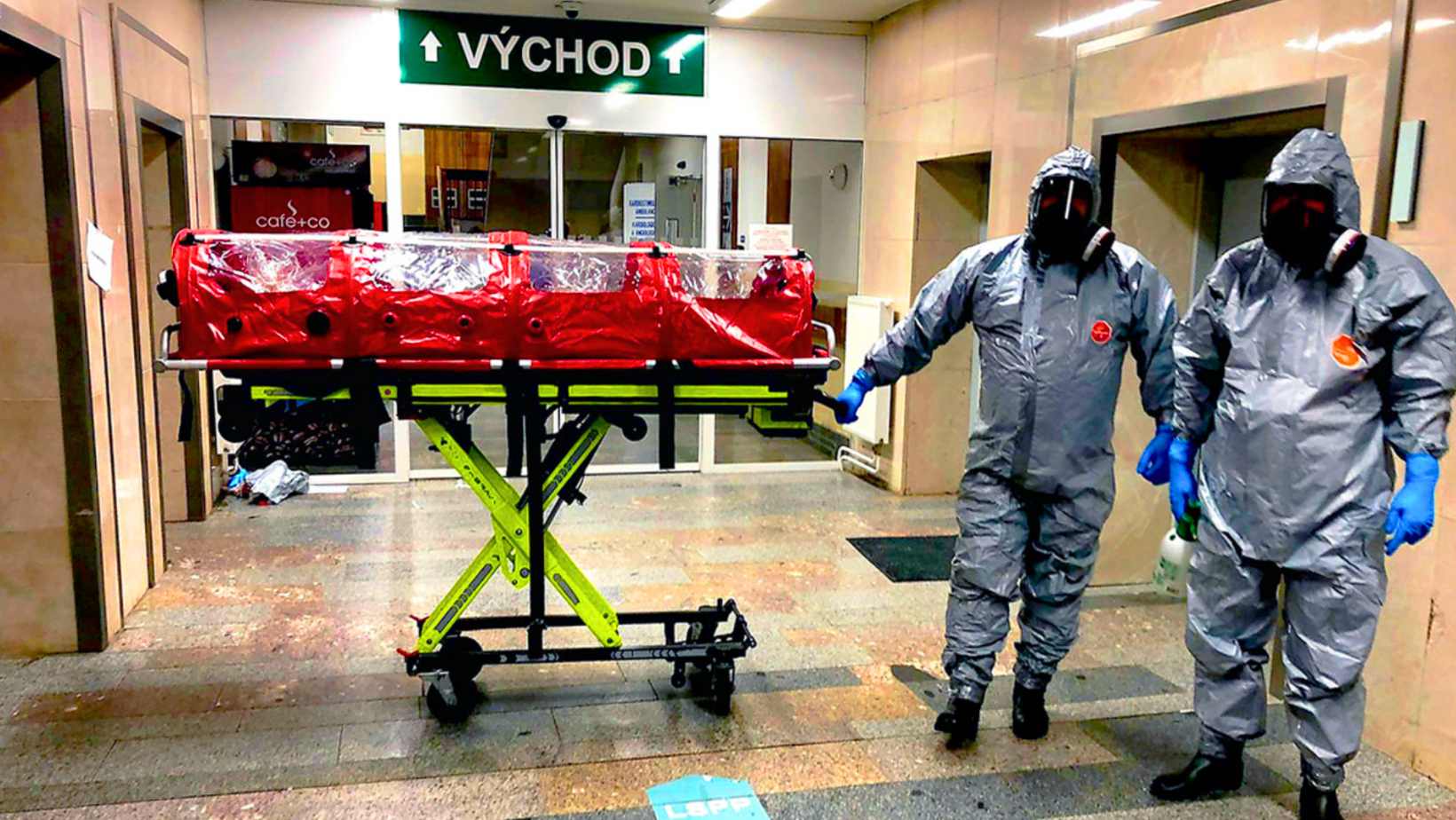January 19th 2019 marks the 50th anniversary of student Jan Palach’s death after self-immolation to protest about the invasion of Czechoslovakia by by Warsaw Pact troops.
About half-past one, Jan Palach doused himself in petrol and set himself on fire near the fountain at the National Museum in Wenceslas Square in Prague. After several minutes, those passing managed to extinguish the living torch.
The seriously burnt student was taken to the Faculty Hospital in Vinohrady, but the injuries were so serious that he had no hope of surviving. He left a letter at the site explaining the motives of his terrible act: “As our nation is living in a desperate situation, and its reconciliation with fate has reached its utmost stage, we have decided that in this way we will express our protest and shake the conscience of the nation …ˮ He died three days later, on 19 January 1969.
The funeral of the young man at Prague’s Olšany Cemetery on 25 January 1969 was a mass protest against the ongoing allied occupation. Tens of thousands of people attended, but no government representatives came. Sadly, Jan Palach was not the only such victim.
On 20 January 1969, a young worker named Josef Hlavatý did the same in Pilsen and died five days later from his injuries. Other young people followed: Miroslav Malinka, Blanka Nacházelová, Jan Zajíc, and Evžen Plocek. According to current research, 29 Czecho-Slovak citizens so acted for political reasons, seven of whom died.
Palach’s death did not change the gradual, almost total resignation in the Czechoslovak Socialist Republic. For almost twenty years, the name Jan Palach could only be whispered in public. His life story immediately got into “forbidden” songs or strongroom literary works. Only after a change in relations in the autumn of 1989 could historians, documentarists or artists officially and freely present it.
Despite the attractiveness of the subject – if one can say such a thing at all – only three works have thus far originated based on Palach’s act: Jan Palach’s Message (2009) by Kristína Vlachová, Burning Bush (2013) by Polish director Agnieszka Holland and Palach (2019) – a film by director Robert Sedláček .
Petr Blažek, a historian at the country’s Institute for the Study of Totalitarian Regimes, is one of the country’s foremost experts on Jan Palach’s life and legacy. “It is said that when a historic event is still remembered or marked 50 years on, by a generation that didn’t experience it directly, it has become an integral part of society. I think this happened in the case of Jan Palach.”
“Certainly you have to view his act in the context of what happened: the largest movement of troops since WWII, the fate of Czechoslovakia in the invasion, the world headlines, the morass in which the country was left in following the failure of a type of socialism which at least some people here believed in. A type of socialism which had no counterpart elsewhere: not in Hungary in 1956, not in Poland in the 1980s,” he added.
Author: red
-
NEWSLETTER
Subscribe for our daily news








